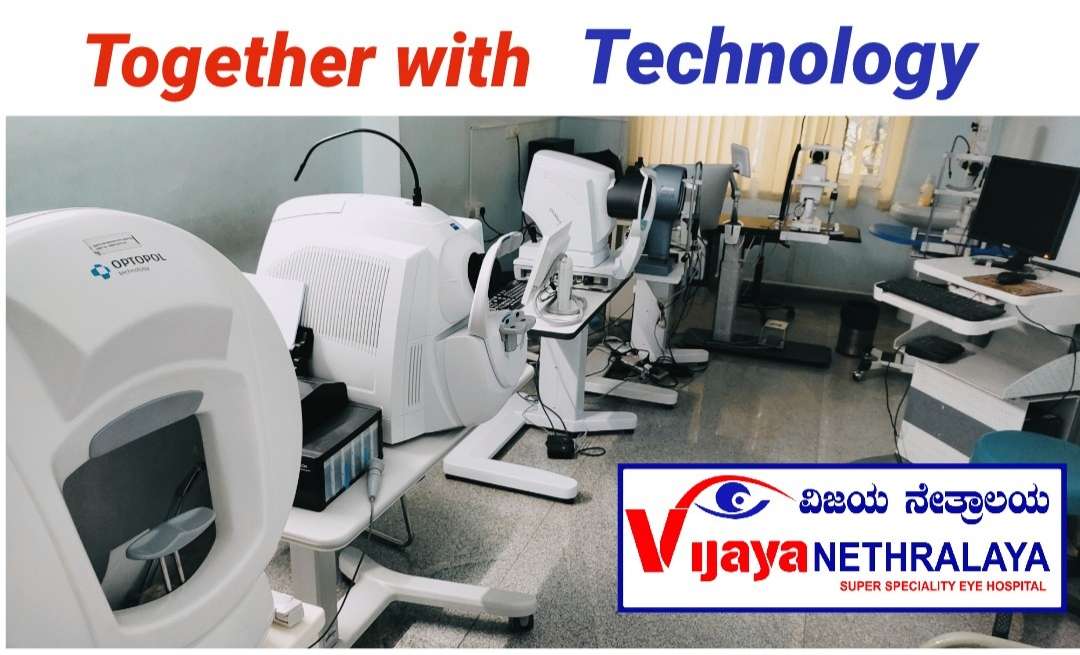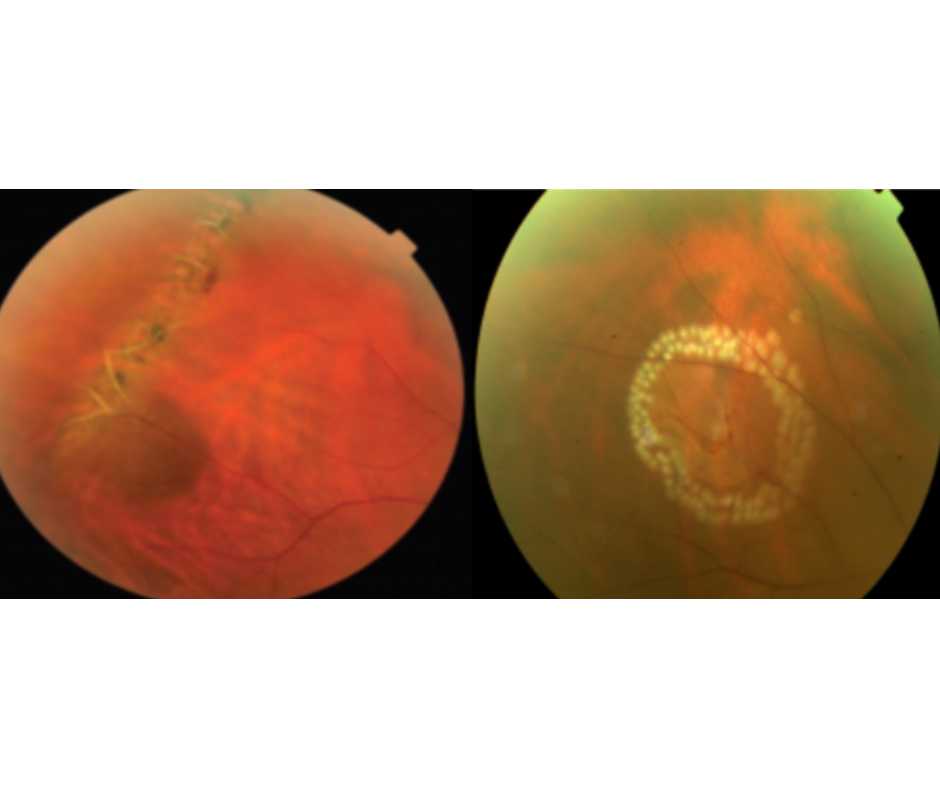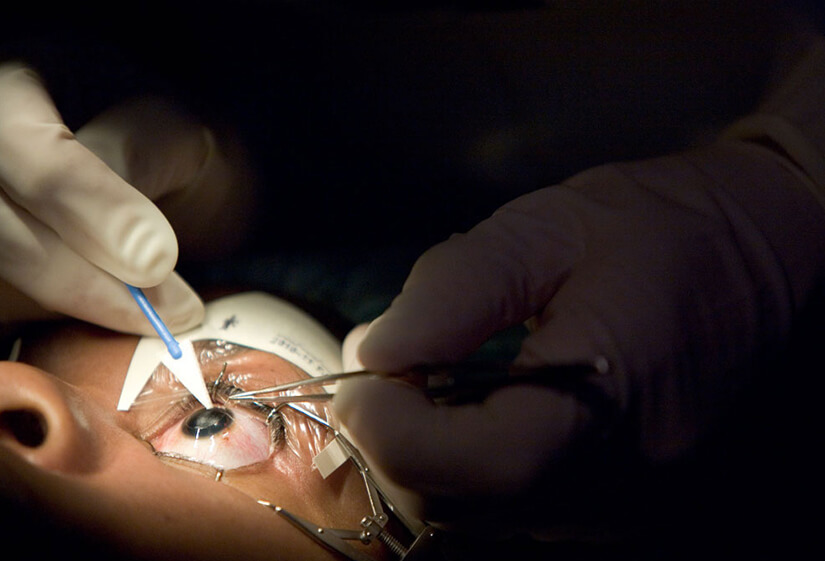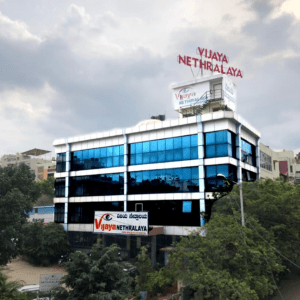LASIK (Laser-Assisted In Situ Keratomileusis) surgery has become a revolutionary procedure for vision correction, offering millions the opportunity to break free from the constraints of glasses and contact lenses. This life-changing procedure, however, is just the first step towards achieving optimal vision. The success of LASIK and the longevity of its results hinge significantly on the patient’s commitment to proper aftercare. This comprehensive guide delves into the essential aspects of care after LASIK eye surgery, providing detailed information and practical tips to ensure a smooth recovery, minimize potential complications, and maximize the chances of achieving and maintaining crystal-clear vision for years to come.
Immediate Post-Operative Care: The Foundation for Healing
The journey to clear vision begins immediately after the LASIK procedure. While you might experience some discomfort, such as burning, itching, or a gritty sensation, these are common and temporary side effects. Your surgeon will equip you with protective eye shields, crucial for preventing accidental rubbing or bumping of your eyes, especially during sleep. They will also prescribe a regimen of eye drops, typically including antibiotics to ward off infections and steroids to manage inflammation. Adhering strictly to this prescribed medication schedule is paramount. Skipping doses or prematurely discontinuing the drops can hinder the healing process and increase the risk of complications. Remember, care after LASIK eye surgery starts the moment you step out of the operating room, and these initial steps are the foundation for a successful recovery.
The Crucial First Few Days and Weeks: Navigating the Initial Healing Phase
The initial days and weeks following LASIK
surgery are critical for the healing process. During this period, extra caution is necessary. The urge to rub your eyes, especially if they feel itchy, must be resisted. Rubbing can disrupt the delicate healing of the corneal flap and lead to serious complications. Artificial tears will be your constant companion, providing lubrication and comfort. Use them frequently, even if your eyes don’t feel dry, as they promote healing and prevent dryness-related discomfort. Minimize activities that strain your eyes, such as reading, watching television, or using digital devices for extended periods. These activities can lead to eye fatigue and hinder the healing process. Protect your eyes from bright light, wind, and dust by wearing sunglasses, even on cloudy days. These environmental factors can irritate the sensitive corneal surface and delay recovery. Care after LASIK eye surgery in these early stages is all about minimizing irritation, promoting healing, and preventing infection.
Long-Term Care and Precautions: Maintaining Optimal Vision for Years to Come

While the initial healing period is crucial, long-term care after LASIK eye surgery is equally important for maintaining optimal vision and preventing future complications. Continue using artificial tears as needed, especially if you experience dryness, a common side effect of LASIK. Dry eye can be exacerbated by environmental factors, prolonged screen use, and certain medications.
Regular use of artificial tears can alleviate discomfort and maintain corneal health. Schedule and attend all follow-up appointments with your ophthalmologist. These check-ups are essential for monitoring your progress, detecting any potential issues early, and addressing any concerns you may have. Even months or years after the procedure, avoid rubbing your eyes vigorously. While the corneal flap heals significantly, it never fully regains its pre-surgical strength. Protect your eyes from excessive sun exposure by wearing sunglasses with UV protection. Prolonged exposure to ultraviolet radiation can damage the eyes and increase the risk of developing cataracts and other eye conditions. If you experience any changes in your vision, such as blurriness, halos, or double vision, contact your doctor immediately. These changes could indicate a problem that requires prompt medical attention.
Practical Tips for Optimal Healing and Comfort:
- Meticulous Adherence to Surgeon’s Instructions: This is the cornerstone of successful care after LASIK eye surgery. Your surgeon’s recommendations are tailored to your specific needs and are based on their expertise and experience.
- Consistent Use of Prescribed Eye Drops: Don’t skip doses or stop using the drops prematurely. The prescribed medications play a vital role in preventing infection, reducing inflammation, and promoting healing.
- Diligent Eye Protection: Wear protective eye shields, especially at night, to prevent accidental rubbing or bumping. This is particularly important during the initial healing period.
- Avoidance of Strenuous Activities: Refrain from heavy lifting, contact sports, and swimming for the recommended period. These activities can increase the risk of eye injury and infection.
- Maintaining Good Hygiene: Wash your hands thoroughly before touching your eyes or using eye drops. This helps prevent the introduction of bacteria and reduces the risk of infection.
- Regular Follow-Up Appointments: These appointments are crucial for monitoring your progress and addressing any concerns. Don’t hesitate to ask your doctor any questions you may have.
- Patience is Key: Healing takes time, and you may not achieve your full vision potential immediately. Be patient and allow your eyes to heal at their own pace.
- Hydration and Nutrition: Staying well-hydrated and eating a balanced diet can support the healing process and promote overall eye health.
- Managing Dry Eye: If you experience dry eye, use artificial tears regularly and consider other dry eye management strategies, such as warm compresses or humidifier use.
- Protecting Eyes from Environmental Irritants: Avoid smoky environments, dust, and pollen, which can irritate the eyes and exacerbate dryness.
Recognizing Warning Signs: When to Seek Medical Attention:
While some discomfort is normal after LASIK surgery, certain symptoms warrant immediate medical attention. Contact your ophthalmologist immediately if you experience any of the following:
- Severe Pain or Discomfort: Pain that is significantly worse than what you experienced immediately after the procedure.
- Sudden Decrease in Vision: Any noticeable decline in visual acuity.
- Increased Redness or Swelling: Redness or swelling that worsens over time.
- Discharge from Your Eye: Any discharge other than tears.
- Sensitivity to Light: Increased sensitivity to light that is not improving.
- Floaters or Flashes of Light: These could indicate a retinal issue.
- Any Other Unusual Symptoms: If you experience any other symptoms that concern you, don’t hesitate to contact your doctor.
Conclusion: Investing in Your Vision Through Proper Aftercare
LASIK surgery offers a remarkable opportunity to achieve freedom from glasses and contacts. 1 However, the success of this procedure depends not only on the skill of the surgeon but also on the patient’s commitment to proper care after LASIK eye surgery. By diligently following your surgeon’s instructions, taking the necessary precautions, and being patient with the healing process, you can significantly increase your chances of achieving and maintaining optimal vision for years to come. Remember, your dedication to proper aftercare is an investment in your vision, your eye health, and your overall quality of life. It is a partnership between you and your ophthalmologist, working together to ensure the best possible outcome for your vision. This comprehensive guide serves as a valuable resource to help you navigate the post-LASIK journey and empowers you to take an active role in your eye health.
Author Details:
Dr. Sushruth Appajigowda holds a prominent position as a Cornea, Cataract, Glaucoma, and LASIK Surgeon in Bangalore. He serves as the chief Cataract and Refractive surgeon at Vijaya Nethralaya Eye Hospital, Nagarbhavi Bangalore. Renowned as one of the finest LASIK surgeons nationwide, he brings with him over 12+ years of experience across multiple LASIK platforms, including ZEISS, ALCON, SCHWIND, AMO, and Bausch and Lomb. Having successfully conducted over 5000 LASIK procedures, Dr. Sushruth holds the title of a Certified Refractive Surgeon and a Fellow of the All India Collegium Of Ophthalmology. Furthermore, he stands as a distinguished speaker at various National and International Forums, using his expertise to guide you in selecting the most suitable procedure based on your health requirements.
Dr sushruth Appaji gowda











